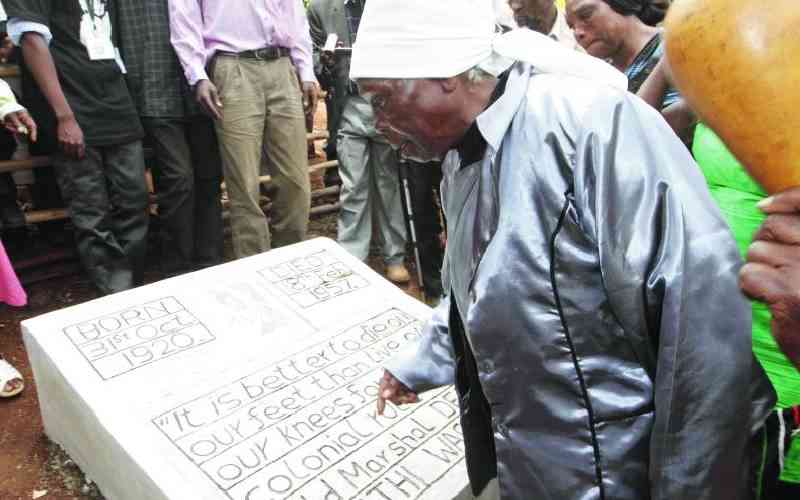×
The Standard e-Paper
Kenya’s Boldest Voice

During the struggle for independence in the 1950s, the British colonial administration divided native Kenyans in their attempt to ward off rebellion. One group comprised loyalists who would do anything for their colonial masters.
The other was the hardcore fighters determined to confront the mighty power of the colonial administrators. They did not only stand up against the British; they fought with the loyalists too.